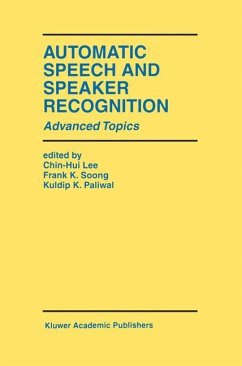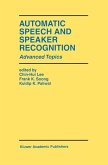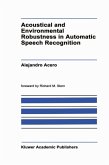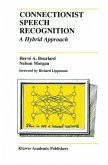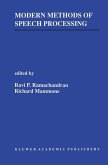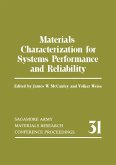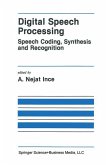Research in the field of automatic speech and speaker recognition has made a number of significant advances in the last two decades, influenced by advances in signal processing, algorithms, architectures, and hardware. These advances include: the adoption of a statistical pattern recognition paradigm; the use of the hidden Markov modeling framework to characterize both the spectral and the temporal variations in the speech signal; the use of a large set of speech utterance examples from a large population of speakers to train the hidden Markov models of some fundamental speech units; the organization of speech and language knowledge sources into a structural finite state network; and the use of dynamic, programming based heuristic search methods to find the best word sequence in the lexical network corresponding to the spoken utterance.
Automatic Speech and Speaker Recognition: Advanced Topics groups together in a single volume a number of important topics on speech and speaker recognition, topics which are of fundamental importance, but not yet covered in detail in existing textbooks. Although no explicit partition is given, the book is divided into five parts: Chapters 1-2 are devoted to technology overviews; Chapters 3-12 discuss acoustic modeling of fundamental speech units and lexical modeling of words and pronunciations; Chapters 13-15 address the issues related to flexibility and robustness; Chapter 16-18 concern the theoretical and practical issues of search; Chapters 19-20 give two examples of algorithm and implementational aspects for recognition system realization.
Audience: A reference book for speech researchers and graduate students interested in pursuing potential research on the topic. May also be used as a text for advanced courses on the subject.
Hinweis: Dieser Artikel kann nur an eine deutsche Lieferadresse ausgeliefert werden.
Automatic Speech and Speaker Recognition: Advanced Topics groups together in a single volume a number of important topics on speech and speaker recognition, topics which are of fundamental importance, but not yet covered in detail in existing textbooks. Although no explicit partition is given, the book is divided into five parts: Chapters 1-2 are devoted to technology overviews; Chapters 3-12 discuss acoustic modeling of fundamental speech units and lexical modeling of words and pronunciations; Chapters 13-15 address the issues related to flexibility and robustness; Chapter 16-18 concern the theoretical and practical issues of search; Chapters 19-20 give two examples of algorithm and implementational aspects for recognition system realization.
Audience: A reference book for speech researchers and graduate students interested in pursuing potential research on the topic. May also be used as a text for advanced courses on the subject.
Hinweis: Dieser Artikel kann nur an eine deutsche Lieferadresse ausgeliefert werden.

